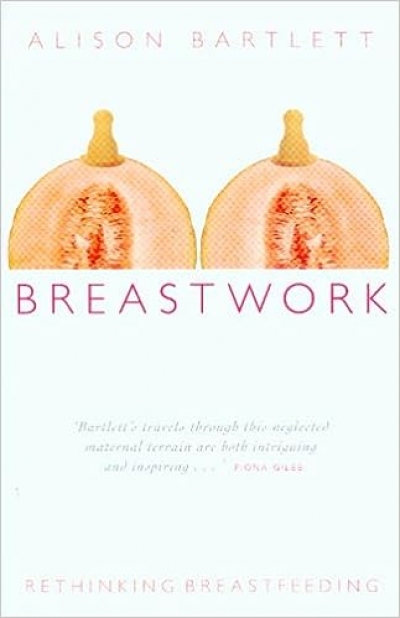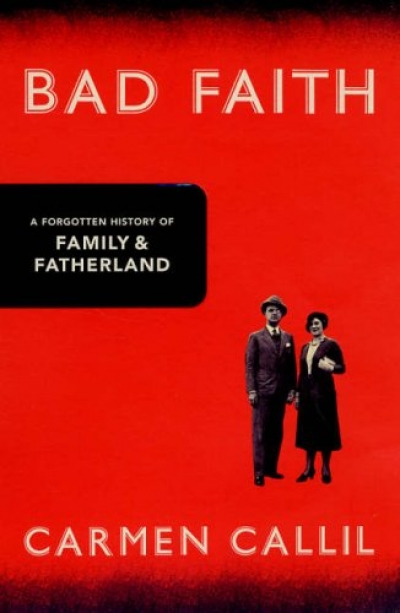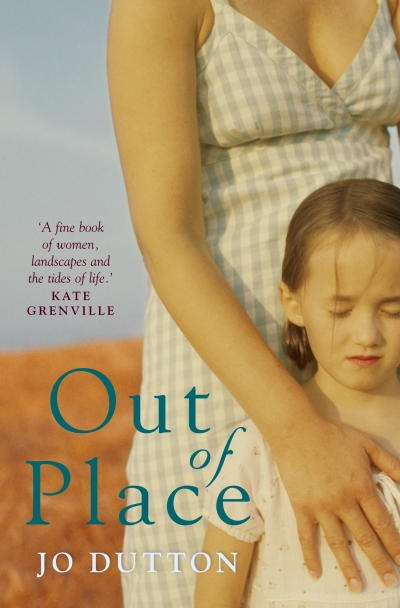Archive
History has never been so much fun,’ says the blurb of one of the books reviewed below. Welcome to the twenty-first century. Work is fun. History is fun. Writing is fun. Writing history must therefore be really fun!
... (read more)Breastwork by Alison Bartlett & Mixed Blessings by Deborah Lee
Autobiography is based on a paradox. It is a generic representation of identity, but identity and genre appear to be antithetical. If we conventionally think of our identity as unique (singular, autonomous and self-made), how then can the presentation of that identity be generic? How, when narrating our lives, can we be both singular and understandable? Does narrating a life presuppose a way of writing (that is, a genre) that will make it recognisable as a story of a life? And how individual can we be, given that we are social animals? We live in families, form attachments and belong to institutions. How much is identity a case of identifying with others?
... (read more)Here we go again!
There are few certainties in this world, but newspapers can be relied on to conjure stories and brouhahas from a select group of cultural activities. Screen a movie to a class of undergraduates, or add pulp fiction to a curriculum, and The Australian – possibly even the prime minister – will be down on you like a ton of bricks. Should Opera Australia go into the red, all hell can be relied on to break loose. If Radio National has the audacity to cover both sides of a story, you can be sure it will pay a heavy price.
... (read more)It’s before I got the wandering eye.
I daydream I’ve already left:
without her each morning I’d be able to wake,
stretch in bed-warmth, blink used to light, not lie
feigning sleep in case she cradles my back,
her lap flexing for my elbow to lift
to take her arm onto my chest. I keep still
until she shadow-dresses upon the wall.






